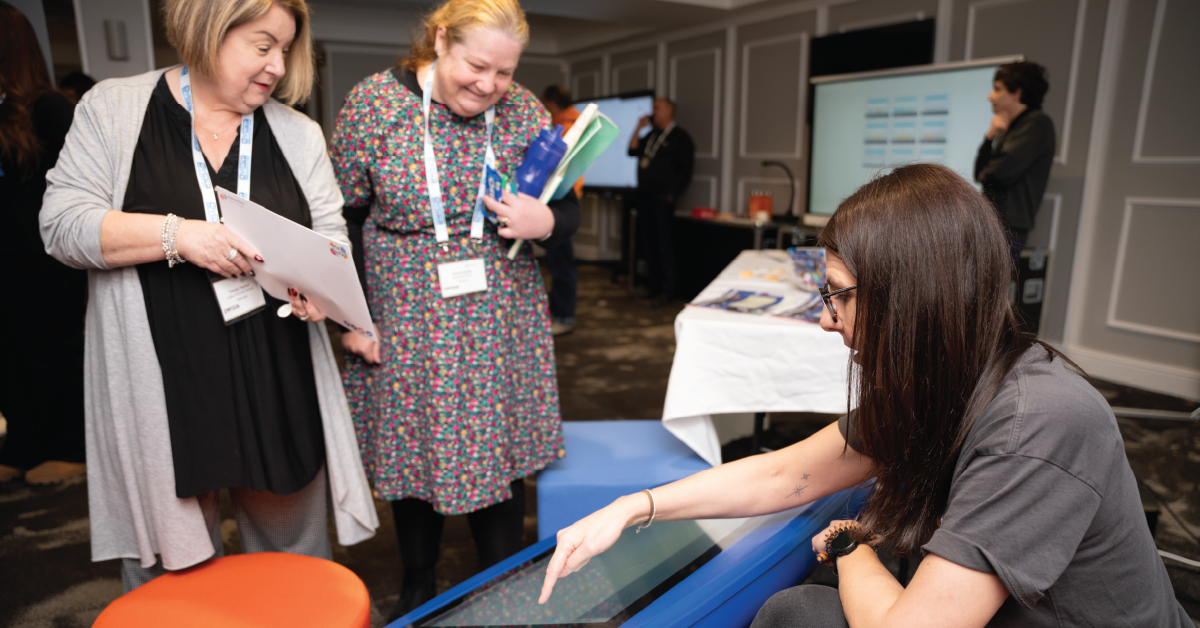EdTech: Rocket Science? Or brain surgery...
Bringing people together with a series of EdTech Expo events


EdTech: Rocket Science? Or brain surgery...
Bringing people together with a series of EdTech Expo events


Page title goes here
An introductory snippet of the page would go here and wrap like this it would be around this word count.
EdTech visionaries talk about aiming for the stars with technology, even if you ultimately only reach the moon.
Others may aim for the outer hemisphere, whilst some would view use of technology as climbing a very high mountain in a treacherously heavy blizzard.
A significant minority, probably, are perfectly content to just stand upright on the ground. There are plenty of far more urgent things to attend to.
Either way, we all have our own perspective on what we’re aiming for with technology, and therefore we’re all using different approaches to get there.
Rocket science, paper aeroplanes, gliders, hot air balloons, blimps… all bring uplift. Some well and others less well, depending what you’re aiming for. Revolutionary change at speed or nominal improvement over time.
But here’s the thing – while a bunch of us are aiming for the stars, others have different aims and so are focusing elsewhere; on the intricacies of management, minimising risk and iterative, functional improvement. The brain surgeons, versus the moon-shot rocket scientists, of edtech.
This is important. It’s also important to understand these differences exist and to subsequently work on improving mutual understanding.
Education technology is as varied as education, and as varied as the number of roles, and number of people, working in the sector.
Everyone has their own perspective, priorities, skillsets, aspirations, perceptions and challenges.
Throw in a few hundred edtech tools, suppliers, sales pitches, platforms, pricing matrices and impact statements, and it’s enough to fry anyone’s brain.
It’s valuable, therefore, to pool our knowledge and skills. Those climbing mountains to share survival tips, and those who’ve reached the stars to share how they got there and landed safely. And whilst we don’t all want to be the same, we should probably also work on aligning to agreed objectives so we’re all aiming for similar things. The DfE Digital Standards are a good start.
There’s so much we can learn from one another, if we take the time to listen, share, fail and move forwards.
Events, communities, dialogue, roundtables, Leadership Lattes and Lunch & Learns – bringing people together to share everything EdTech helps us all.
If we all work together we’ll soon discover that brain surgery isn’t exactly rocket science, is it. And vice versa.

Elementary Technology is putting all this into action at a series of events in the coming months. Regional EdTech Expos in partnerships with MATs, events live online and also in our Experience Centre.
Find out more about our events and if you’re also ready to share, listen and learn. We’re keen to join you. Contact us to start.
Frequently Asked Questions

Date: 4th September 2024
Written by Ed Fairfield
Commercial Director, Elementary Technology
Vice Chair of Naace – the EdTech Association- a charity supporting schools on effective use of technology
Email: e.fairfield@elementaryuk.com
X: @mreddtech













